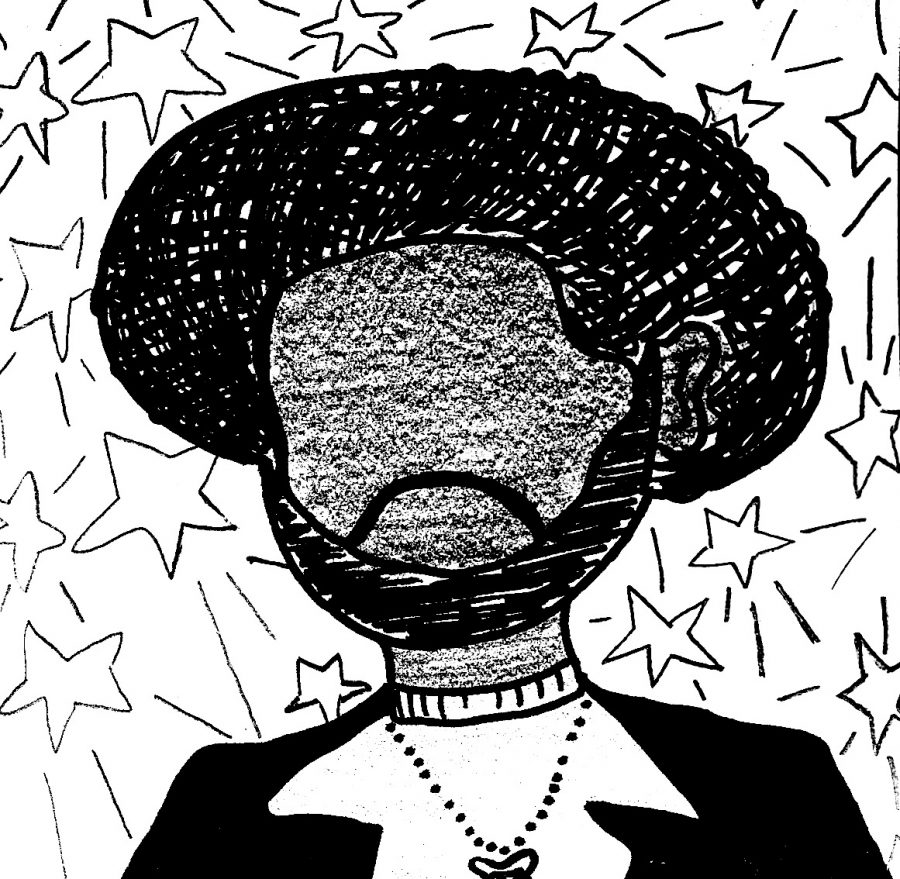Movie Article
October 13, 2018
“BlacKkKlansman,” directed by Spike Lee, follows the fictionalized but historical story of real-life detective Ron Stallworth, an African American man that infiltrates the KKK with the help of his friend and fellow cop, Flip Zimmerman, who acts as his in-person body double. Stallworth talks on the phone and secures membership into the KKK while Zimmerman attends the meetings. The movie is primarily set in the past but draws a direct parallel to our present day Trump controlled America.
“BlacKkKlansman” is in and of itself a social commentary on the lasting prejudices and impact of our current leadership in America. The movie begins with scenes from “Gone with the Wind,” an image of bloody soldiers and Scarlett crying about the lost confederacy. Then, during a later scene in a meeting with the KKK, the members are shown laughing and cheering on the KKK and lynchings in “The Birth of a Nation.” The inclusion of these scenes gives background for the cultivation of the racist and often violent culture of America. It introduces the prejudices and blatant racism the main character Stallworth will experience during his time as a black cop.
The movie is unique in that, although Stallworth makes some forward motion in dispelling prejudice, significant progress is not made despite his efforts. A racist cop is eventually arrested, KKK members are stopped, Stallworth essentially succeeds in his mission, but despite all this, his assignment is closed by the police chief and he is no longer allowed to gain information from the KKK, the KKK still burns a cross outside his apartment window. It is not a clean-cut all loose strings tied ending. The ending paints a realistic image of how painstakingly slowly actual change occurs.

During the last scenes the movie cuts to present times, showing footage of Trump speaking, David Duke giving a speech and actual footage of the terrorism that took place in Charlottesville, which was not far off from the Colorado Springs bombing shown in the film.
The switch to modern day, including recent footage, intensifies the statement that these issues are still present, that despite efforts from men like Ron Stallworth, America is still riddled with backward thinking and racism. The movie humorously injects statements that allude to Trump’s campaign, such as the slogan “Make America Great Again,” but even as audience members are laughing, it forces one to think about just how little our society has actually changed since the 70s. During the film, Stallworth says that America would, “never elect somebody like David Duke.”
The sergeant replies, “For a black man, you’re pretty naive.” Today we know the sergeant was right. David Duke was indeed elected for office in the Louisiana House of Representatives and Lee obviously parallels fictionalized Duke’s rhetoric and way of leadership directly to Trump’s own campaign style.
The movie is a poignant social commentary that forces audiences members to consider an uncomfortable reality; as forward thinking and accepting we claim to be, America still faces deep-rooted issues of racism and discrimination.





